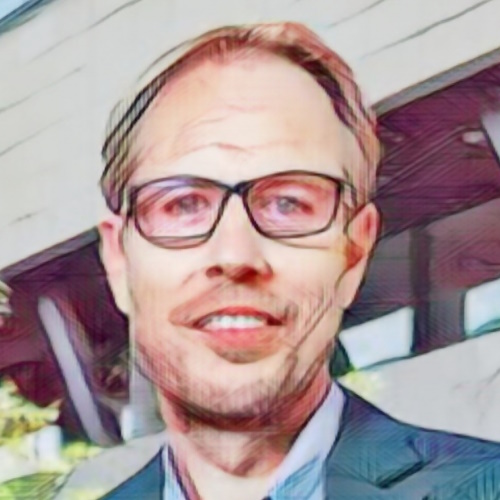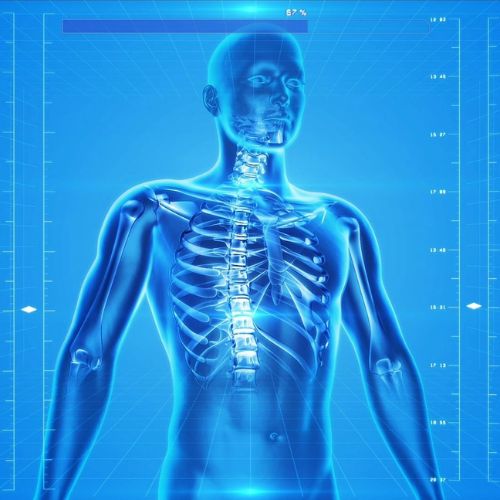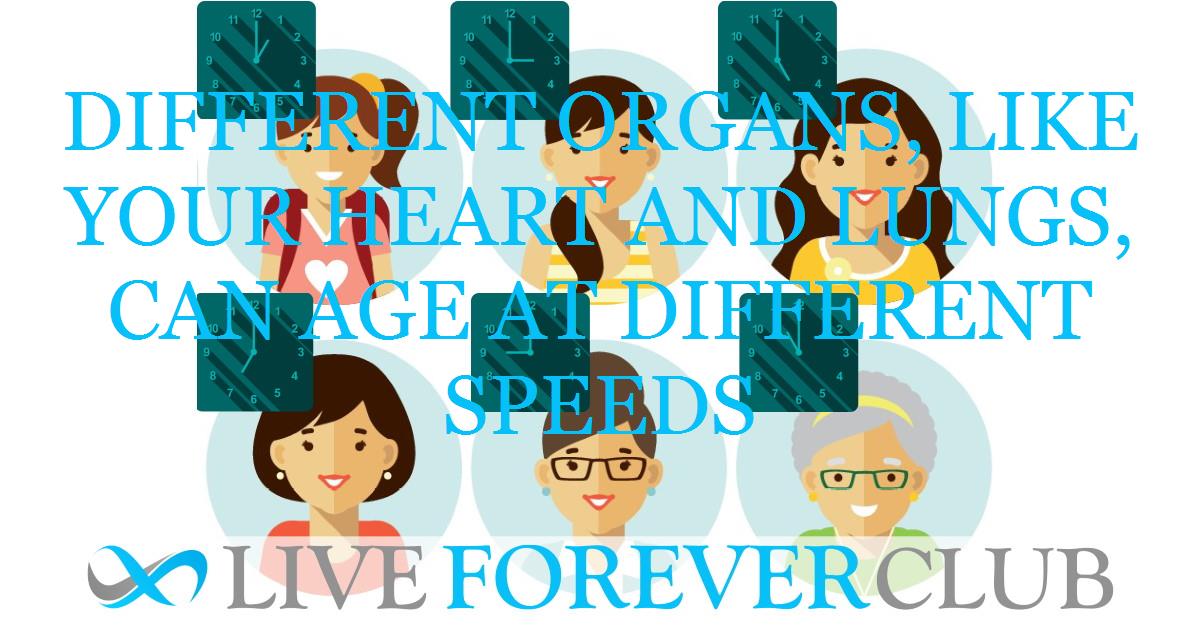People age differently. Some may develop wrinkles earlier, while others might see changes in their energy levels or health. Within a single person, different organs can age at different rates. For example, someone's heart might age faster than their liver.mScientists are very interested in understanding aging. They study it to learn how to keep people healthy as they grow older. Understanding aging is tough because it's so varied and involves many factors, from genetics to lifestyle. A recent research dives into these complexities, focusing on how aging affects different organs within the same person.
About the research
The research conducted by the team at Stanford University is a significant exploration into the aging process. They meticulously studied proteins in the blood of over 5,000 adults, focusing on how these proteins change with age in various organs. Their approach was to map out aging patterns by examining 4,779 different proteins across 11 major organs.
The key findings of this study are quite fascinating and crucial for understanding aging:
The study found that about 20% of people have one specific organ that ages faster than the others. This means that for these individuals, an organ like the heart or liver might be aging more quickly than the rest of their body. Additionally, a smaller group (1.7%) showed signs of accelerated aging in multiple organs.
The research highlights a link between the rate of aging in specific organs and overall health. People with organs aging faster had a 20-50% higher risk of dying sooner compared to those with normal aging rates. This connection suggests that the way our organs age could be a critical factor in our overall health and lifespan.
The study offers exciting possibilities in predicting diseases. For instance, if the heart is aging quickly, this could signal a higher risk of heart failure. Similarly, accelerated aging in the brain could indicate a higher risk of Alzheimer's disease. This means that by examining the proteins in blood, doctors might be able to predict these diseases earlier.
The implications of this groundbreaking research extend far beyond the scientific community, potentially transforming healthcare practices, public health policies, and the general understanding of aging.
Personalized Healthcare: This research paves the way for more personalized approaches in healthcare. By understanding how individual organs age, doctors could tailor treatments and health management plans to suit each person's specific needs.
Early Detection of Diseases: One of the most exciting implications is the potential for early detection of age-related diseases. Since the study indicates that certain patterns in blood proteins can signal accelerated aging in specific organs, this could help doctors identify risks for diseases like heart failure or Alzheimer's much earlier than currently possible.
Preventive Strategies: With the knowledge of which organs are aging faster in an individual, preventive strategies could be more effectively employed. For instance, if someone’s heart is aging rapidly, lifestyle changes and medications could be targeted to support heart health specifically.
Research and Development: The findings could stimulate further research in the field of aging. Pharmaceutical companies and biotech firms may develop new drugs or therapies that target aging processes in specific organs.
Health Monitoring: The study introduces a potential for regular health monitoring using blood tests to track the aging of organs. This could become a routine part of medical check-ups, helping people stay informed about their health status.
Lifestyle Choices and Public Health: Understanding organ-specific aging can also inform public health initiatives and personal lifestyle choices. For instance, awareness about how smoking or diet impacts specific organs differently could lead to more effective health campaigns and personal decisions about health and lifestyle.
Ethical and Social Implications: This research also opens discussions about the ethical and social implications of aging. It raises questions about how society views aging and the allocation of resources for the elderly.
Global Health Perspective: The findings can be applied globally, benefiting diverse populations. This is particularly relevant in countries with aging populations, where managing age-related diseases is a growing concern.
Insurance and Healthcare Policy: This research could influence health insurance policies and healthcare planning. Insurance companies might use this information to develop new models for health insurance premiums and coverage.
Education and Awareness: Finally, this study can increase public awareness and education about the aging process. Understanding that aging is not uniform but organ-specific could change how people perceive aging and take care of their health.
Credits
The research was carried out by Tony Wyss-Coray and team from Standford University and published in Nature.








